New York Mills Regional Cultural Center
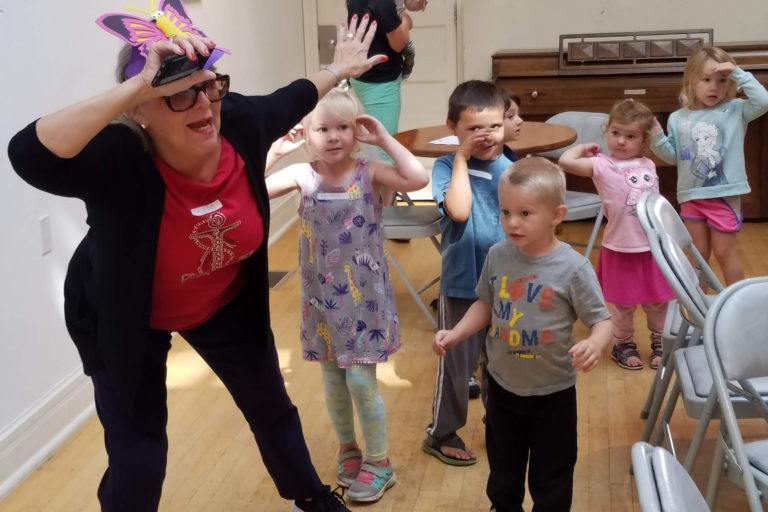
Betsy Roder grew in New York Mills, Minnesota, a town with a population of just over 1,200. Like many of her rural peers, she moved away for college and then started her career in Minneapolis, working as a merchandiser for Target and going on to get her MBA. “I loved my time at Target,” said Betsy. “However, after 10 years in Minneapolis and with two young kids, my husband and I re-evaluated how we wanted to raise a family and decided small town life was next.” They made a pros and cons list and decided to move their family back to her hometown in February of 2011.
“We’ve been training ourselves to think differently about how we save, manage debt in the most effective way, and plan for a surplus. It’s like moving from surviving to thriving… we have a different mindset, and the Equity Builder program has helped get us there.”
Betsy Roder, Executive Director, New York Mills Regional Cultural Center
One of the first “pros” on their list was the presence of the New York Mills Regional Cultural Center, which had always been a point of pride for Betsy growing up. Started in 1990, the Cultural Center is located on New York Mills’ 1-block main street in a historic brick building. Its mission: to be a rural hub for creativity, community vitality, and lifelong learning in the arts. Knowing that New York Mills was a community that embraced the arts and cultural offerings was a valuable draw in their relocation decision. “When we lived in Minneapolis, I took our kids to the Science Museum and the Children’s Museum and we’d go to different communities around the Twin Cities…I was nervous about losing that,” admitted Betsy. In moving back to New York Mills, she looked forward to still having a place to take her kids for art classes, concerts, and performances.
Pivoting a Passion into a Career
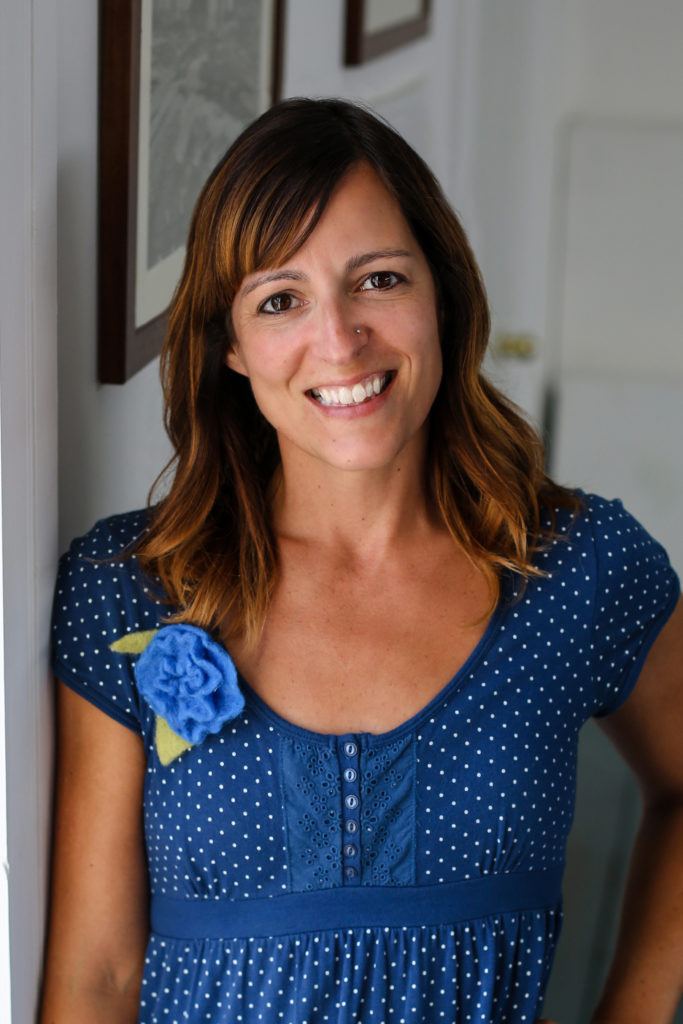
When a neighbor told her shortly after they moved back that there was a part-time position open at the Cultural Center, Betsy applied and became the artist residency coordinator and gift shop manager. Betsy was drawn to the Cultural Center’s goal of providing access to cultural opportunities that are readily available in urban areas, but less so in rural communities, especially to kids. “The Cultural Center provides something else to support the kids who aren’t in athletics, and those who can also learn to appreciate and get involved in the arts,” said Betsy. Children can participate in the Fish House Festival in July, in the Puppet Pageant every August, free art in the park, and more.
Early on at the Cultural Center, Betsy had a chance to participate in an ArtsLab cohort, where Kate Barr, President & CEO of Propel Nonprofits, was one of the instructors. When the Cultural Center’s former ED retired, Betsy moved into that role in April 2015. At that time, she reached back out to Kate for support, especially with help to navigate the organization out of a couple old debts she hadn’t known about. “That whole first year was a blur,” said Betsy. “Having access to Kate and Propel staff to ask questions and get help ‘righting the ship’ was really valuable.” She also used Propel’s resources library, including the cash flow template, to better understand the organization’s yearly cash ebbs and flows.
From Surviving to Thriving with Equity Builder
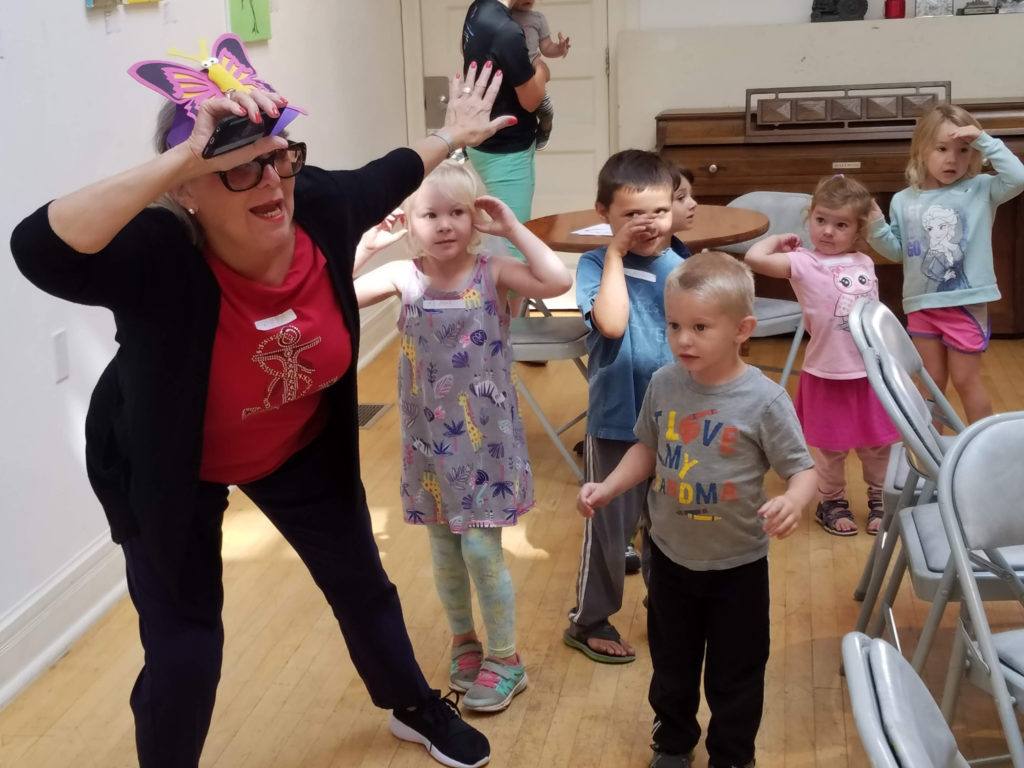
In April 2017, New York Mills Regional Cultural Center joined 20 other arts and cultural organizations across Minnesota in Propel Nonprofits’ Equity Builder Loan Program. The Equity Builder program’s goal is to build the balance sheet of small arts and culture organizations, which traditionally are less capitalized than their mainstream peers. It also connects arts leaders. “Being a rural organization, we can’t just go meet other executive directors down the street for lunch,” said Betsy. “Learning from other organizations and meeting other folks in the art world is always helpful.” Another component of the program is to work with organizations to establish a habit of monthly savings, which is a requirement of the Equity Builder loan forgiveness component.
Betsy and the Cultural Center team have embraced the program’s habit of monthly saving. “We’ve set up an automatic transfer to put $275 a month into our savings account every month,” said Betsy. “We’ve been training ourselves to think differently about how we save, manage debt in the most effective way, and plan for a surplus. It’s like moving from thriving and surviving… we have a different mindset and the Equity Builder program has helped get us there.”
A Rainy Day/Frozen Pipes Fund
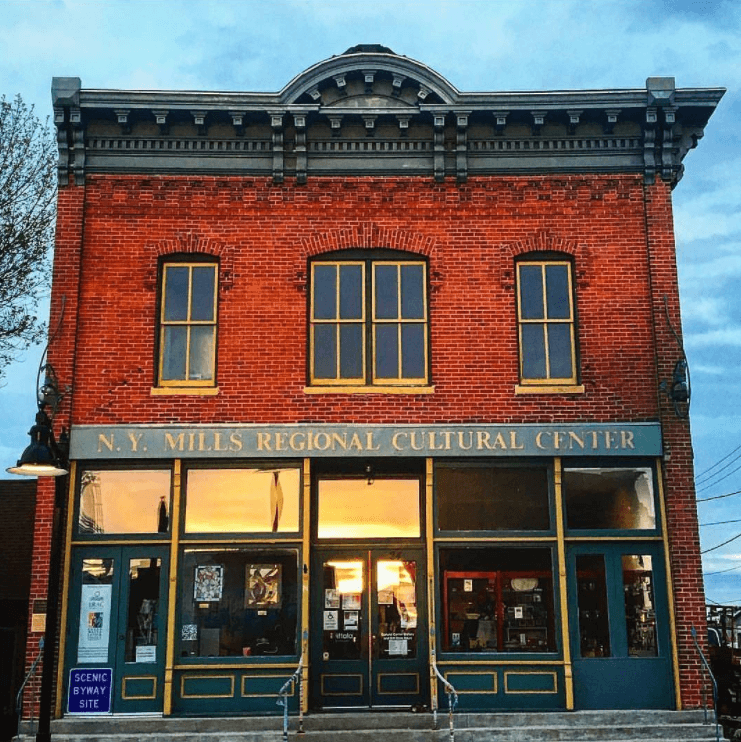
Betsy’s leadership, the habit of monthly savings, and a three-year grant as part of Bush Foundation’s Creative Community Cohort, has led to three years of operating surpluses for the Cultural Center. In what was a hard and cold winter, its “rainy day fund” has offered peace of mind. In a single day in February, Betsy got a call from the Cultural Center’s visiting artist that the retreat house basement was flooded. A busted pipe led to raw sewage in the basement. That same day, the roof started leaking at the Cultural Center AND the Creamery Building, which the Cultural Center also owns. “Three years ago, if those all would have happened, I would have been upset about it, but I also would have been like ‘oh my goodness, I don’t actually know how we’re going to pay for that’ – we didn’t have money,” said Betsy. “Now, while still upsetting, we have money set aside for those kinds of things.”
In addition, the Equity Builder program provided a small grant for infrastructure improvements to help build the core mission support of the participating organizations. “Since I started, anything that was non-essential has not been done…I find desk chairs at garage sales and use my own laptop,” said Betsy. With the infrastructure money, the Cultural Center purchased computers, a color printer, and invested in other technology and deferred maintenance, including refinishing the hardwood floors, which had not been done in the 27 years since they had been installed. “It was so refreshing to be trusted to spend the money on things we knew we needed.”
Great American Think-Off
As summer approaches, the Cultural Center team is busy reviewing essays submitted from all across the country for one of its most well-known events: the Great American Think-Off. This annual debate poses a big question – this year, “To vote or not to vote: does it matter?” on June 8 – and moderates a debate from the winning essay writers on both sides. It’s a great way to bring outside voices and perspectives into the community. For Betsy, it’s the feedback afterward that’s always energizing: “My favorite thing is the reception after when people connect, share ideas, and we always hear a lot of statements like ‘it’s so great this is happening in New York Mills.’”
You can get your tickets to the 2019 Great American Think-Off and learn more about New York Mills Cultural Center at its website.
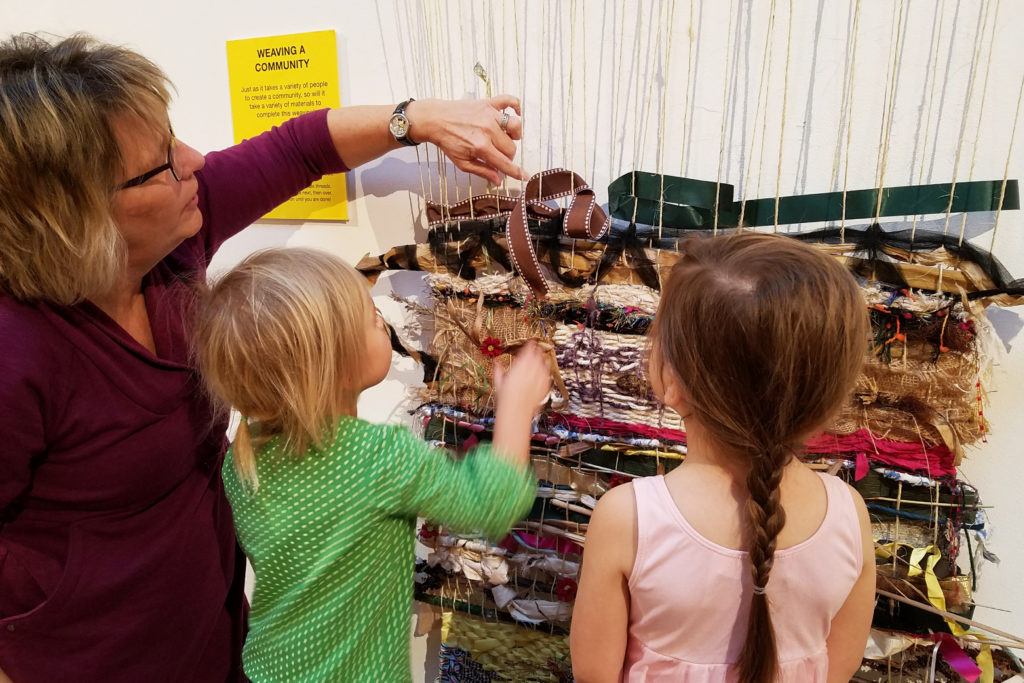
Related Services
-
Lending
Propel Nonprofits makes loans to a wide range of nonprofits of different sizes and fields of service to strengthen and expand programs, manage cash flow, and finance real estate projects. Our lending team determines the best approach to meet your needs, and sticks with you to address challenges.
